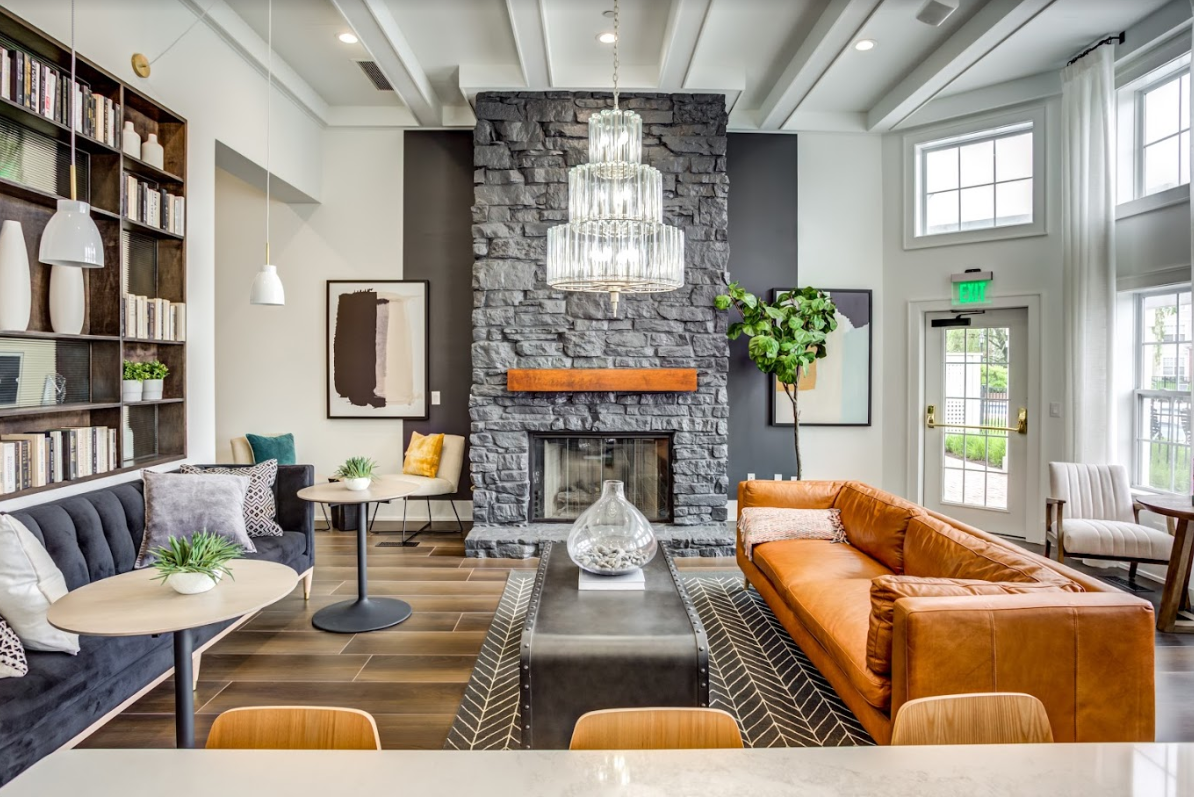Can a 360 Virtual Tour Increase Your Senior Living SEO?
You have a wonderful senior living community, with great care and amenities, but how do you let people know?
.jpg)
No one needs to be told that if their website isn’t generating leads, ranking on Google, or driving any traffic, it’s probably overdue for a SEO audit.
If you’re in the apartment industry, you can bet it’s important to audit your website frequently to maintain rankings and increase traffic. However, it’s not always easy to come up with new innovative ways to stand out. Apartment marketers are hungry for new ways to differentiate themselves from local competition.
According to Blue Corona, a whopping 97%of people don’t click past the first page of results. Yikes.
So if anyone out there is thinking they can slide by with last year’s apartment SEO trends, think again.
Multifamily technology is constantly changing, which means your apartment SEO strategy should be as well. Below are a handful of suggested additions that should be mainstays according to current online trends.
1. Update your apartment’s Google My Business listing
Every business inquiry needs a starting point. And that starting point, more often than not, is a Google My Business listing. Because of this, it’s pertinent that businesses keep their GMB in tip top shape at all times in order to remain visible.
For apartment homes, it’s even more crucial to keep your community listing (or listings) in order. Google is among one of the top websites that apartment hunters use to discover new places to live, read reviews and browse photos. It’s often the starting point of their long apartment search.
That is why your GMB should also receive regular audits, whether that means scheduling quarterly check-ins or hiring a third-party agency to give it an objective look.
Audits enable a person to analyze data collected from your Google My Business insights, how complete your listing is, what your photos look like, and whether or not you’re responding appropriately to reviews.
However, if you’re a development with a brand new Google listing, you may face a different onslaught of difficulties. Getting an entirely new domain and listing online will require much more optimization since already established multifamily businesses will have a full repotuer of strategized content around their website and Google listing. Below we will go more in depth to what some of those obstacles may be.
Click here to download your free GMB audit checklist.
2. Optimize your community’s website
A crucial piece to your apartment SEO strategy is also a website audit. Giving your community’s website a regular sweep should help you assess what your website is succeeding in and also what it’s lacking.
According to SearchEngine Journal, a few areas that should already be on that list include keywords, SEO-friendly URLs, meta descriptions, internal links, and the use of images and videos. But take note - these should be utilized strategically. Overusing keywords and links will only lower any targeting efforts and result in poor rankings.
You’ll also want to keep watch of what local competitors are doing (looking at you, new developments). Having the same type of content, keywords, links, etc. will register with Google’s algorithm that you’re not providing valuable, unique content.
As far as the type of material featured on your page, keep in mind who your audience is. Majority of today’s renters look for unique experiences that are memorable and exciting. This could include virtual tours, 3D renderings, or any other type of videography about your community. (Having this type of content on your Google listing can help your site rank higher and make it easier for renters to find your page, too.)
As an extension of this, make sure your website is mobile-friendly. Blue Corona states that the second most vital SEO component out of Google’s Top 10 Ranking Factors for 2019 is a mobile-friendly site.
With 98% of renters using their mobile device at least once a week during their home search, 44% of mobile users said they would not even use a site if it did not work well on their mobile device, according to Insignia SEO.
What this entails is quality content that resembles that of the original site, similar internal linking, page speed, and hosting. In other words, a mobile site that runs efficiently is the golden ticket to a valuable apartment SEO strategy.
3. Stay active on social media
This is one of the easiest ways to lead traffic to your community’s website. Having various social media platforms - and keeping up with regular posting - is an excellent way to connect to your prospective renters (and current tenants).
By building a group of followers, you’ll also be building new leads outside of your website. Being able to analyze what people are liking and commenting on will help shape your brand, and initiating conversation can give insight you didn’t know you needed.
Even better, the amount of comments and posts on social platforms are one of Google’s Top 200 Ranking Factors as well.
Social media can also be used to deliver content from your website. Whether it be blog posts, events, videos, etc. it can all lead prospective renters back to your site.
Lastly, you’ll be able to target potential prospects more accurately. With targeted keywords and direct links, you’ll be able to gauge who’s clicking and what they’re interested in.
4. Make sure you have a blog
Just because there are thousands of blogs out there doesn’t mean yours is irrelevant. Your apartment community is unique and is in need of a brand and personality. Having a blog will allow apartment renters to have a better insight to what you have to offer and will allow you to form a personal connection to potential prospects.
And it doesn’t hurt that adding a blog to your website increases its chances of ranking in search by 434%, according to Blue Corona.
In addition, having a killer headline to your blogs will make or break the chances of someone clicking on it. Since it’s the first thing people see, first impressions will dictate its success. Having a strategic headline can also make it easier for people to find it as well. A popular blog with a relevant headline can direct prospects to your site through Google’s algorithm.
Whether your community is big or small, having a blog is a good idea and can also be fun! For multifamily, try posting relevant articles like events that are happening around the community and local news updates. This can be pretty helpful content for your current tenants and people looking at your apartment home. Not to mention - you’ll also have a pretty content-heavy website that is useful to your audience.
A good way to plan blog ideas is to create a keyword map. By implementing a specific keyword or two to each post that relate to your business and community, it’ll be easier to formulate ideas around SEO boosting topics.
5. Lastly, incorporate interactive content
As stated above, interactive content is currently the biggest trend in digital marketing, especially for multifamily.
Adding unique content like quizzes, videos, GIFs, etc. can increase the amount of time, or dwell-time, potential renters spend on your website. Having people spend more time, in turn, will register with Google that your content is valuable.
For real estate businesses, this is pretty easy to incorporate. Sales tools such as virtual tours and photorealistic renderings of properties have been proven to not only increase interest by 100%, but also boost visibility and direction inquiries.
Having this type of content connected to your Google My Business listing - especially if it’s high quality - can increase social signals, improve user experience, boost online reputation, and increase relevant website traffic.
SEO is reliant on trends. Some tools have remained consistent over the years, but there are always new and improved marketing materials popping up.
If your efforts aren’t yielding desired results, dive a little deeper into your current apartment SEO strategy and evaluate whether or not enough time and research was spent on it. Remember, there are always tools that can help decide what’s working for your online presence and what isn’t - cue Google Analytics - so utilize the information around you, and dedicate a good chunk of time to strategize.
For a direct link to SEO gold, click here.

You have a wonderful senior living community, with great care and amenities, but how do you let people know?

Let’s face it, with all of the new digital marketing technology out there right now, real estate photography may seem like small priority.

As a senior living provider, you’re always looking for innovative ways to stand out to prospects. You know that seniors have been quick to become...